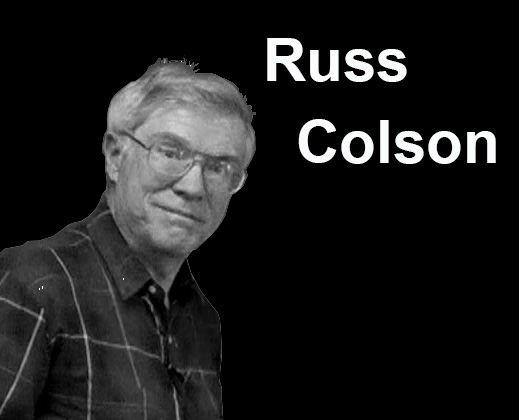One ordinary man's examination of how science informs faith, written in a style reminiscent of Christian scripture.
Excerpt from the opening: The Way of God
Let us take a moment to consider the nature of the created world and what it reveals of the Creator. I am persuaded that creation tells us that God's way is one of change. Did you not begin as a child and then grow to adulthood? Does not the seed planted in the ground transform to become a great tree? Do not even the stars, and the land, and life itself change through time? By reading the earth and sky, as is made possible in the pursuit of science, we see that stars, like people, come into existence, persist for a time, and then pass away. We see that today's mountains were once a sea. We see that the world's ruling life--the mammals, the fish, the birds, and others—did not exist in the most ancient times.
We must conclude that everything changes. Thus, God is not the author of a static or dead creation, but of one living and vibrant. In seeing this, and seeing that we are not what we once were, we can know that neither are we yet what we will become.
We know this also from scripture. Those who are saved by grace are saved from what they once were so they can become "a new creature". Christ himself "learned obedience through the things which he suffered" the embodiment of change. He was transfigured before his disciples, and appeared in different form to some after his resurrection.
There are some of faith who assert that there can be no change, that Christ is the same yesterday, today, and forever (as indeed, it is written). Saying that this means there can be no change is like saying that the stars, or earth, or life cannot change because the underlying laws of nature are fixed.
In fact, the fixed laws of nature are the framework within which change takes place. Likewise, the consistency of God is the framework within which God's changing and growing relationship with humanity occurs.
